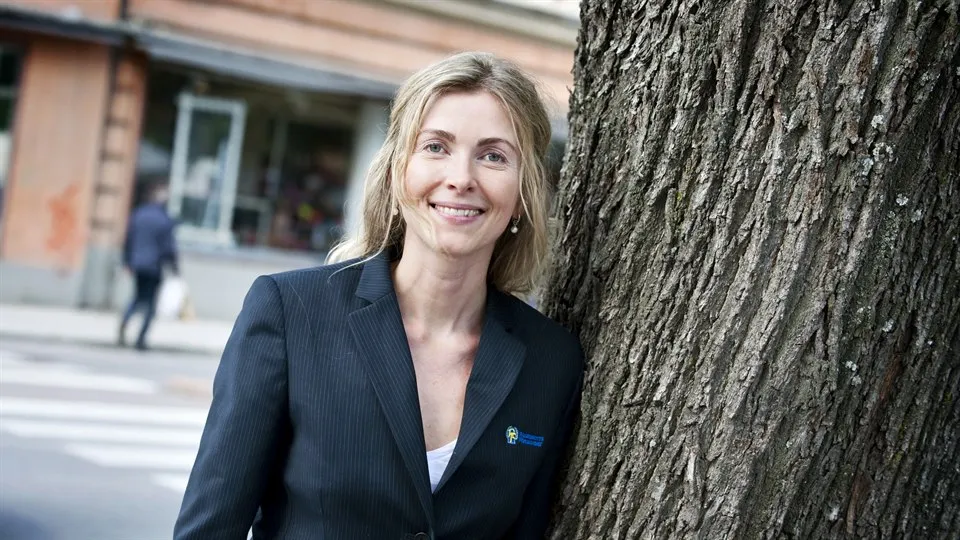Strengths for the Future
Aside from being the President of the Swedish Sports Confederation, Karin Mattsson Weijber has also been a member of the Mid Sweden University Board since 2007. This means that she has been on the Board for the greater part of Mid Sweden University’s time as a full university and she has played a part in shaping its strategies and direction.
Her message for the future of Mid Sweden University is to abide by the existing strategies for research and education, to work for educational quality and the importance of programmes and courses that lead to jobs.
– Being such a young university, Mid Sweden University has the opportunity to create its own niche. There is no lack of ideas to develop the activities, but they need to fit the niche and the “hard core” that has been built during the years as a full university, says Karin Mattsson Weijber.
She describes a future balancing act for the university between being apt to change, remaining an attractive educational alternative and at the same time staying true to the long-term directions of the university’s strategies. For example, it may be about creating a clear connection between the programmes and courses and working life.
– What we need to do is to find a balance and focus on the areas where we are known for high quality and where there is a proximity to the industry and employers. It is important that the students are given the opportunity to form connections with working life at an early stage of their education, says Karin Mattsson Weijber.
A determining external factor that will affect the future activities of the university is, of course, various political decisions. As a young university, Mid Sweden University is more affected by political decisions than older, more established universities, according to Karin Mattsson Weijber. She also predicts that Mid Sweden University’s importance to the region of Jämtland and Västernorrland will probably increase in the future.
– The region will have to struggle in many respects, for example with the demographic development, and that being the case, the university will have an even more important role to play as a force of development. It will be a strong agent of employment, which will make it even more important to find forms of collaboration and a strong sense of trust between the university and various partners. We will build on our strengths, on what exists in the region – that is what we will develop further, says Karin Mattsson Weijber.
– Another challenge is that traditionally, fewer people in this region continue to higher education and that tradition will remain in the future. We will not only recruit regionally, but it is still a challenge that we must not ignore.
She also indicates the importance of maintaining proximity in relationships on both a larger and a smaller scale – between teachers and students, between research and industry, between the public sector and organizations.
– Our niche will become clearer during our time as a full university and in the future, it will be a matter of daring to hold on to our strengths and to nurture them, says Karin Mattsson Weijber.
